Rwanda travel tips
Rwanda travel tips: The “Land of a Thousand Hills,” is a small, lush East African nation known for its resilience and gorilla trekking.
Provinces 🌎
Rwanda travel tips. Here is a list of all the provinces of the Rwanda.
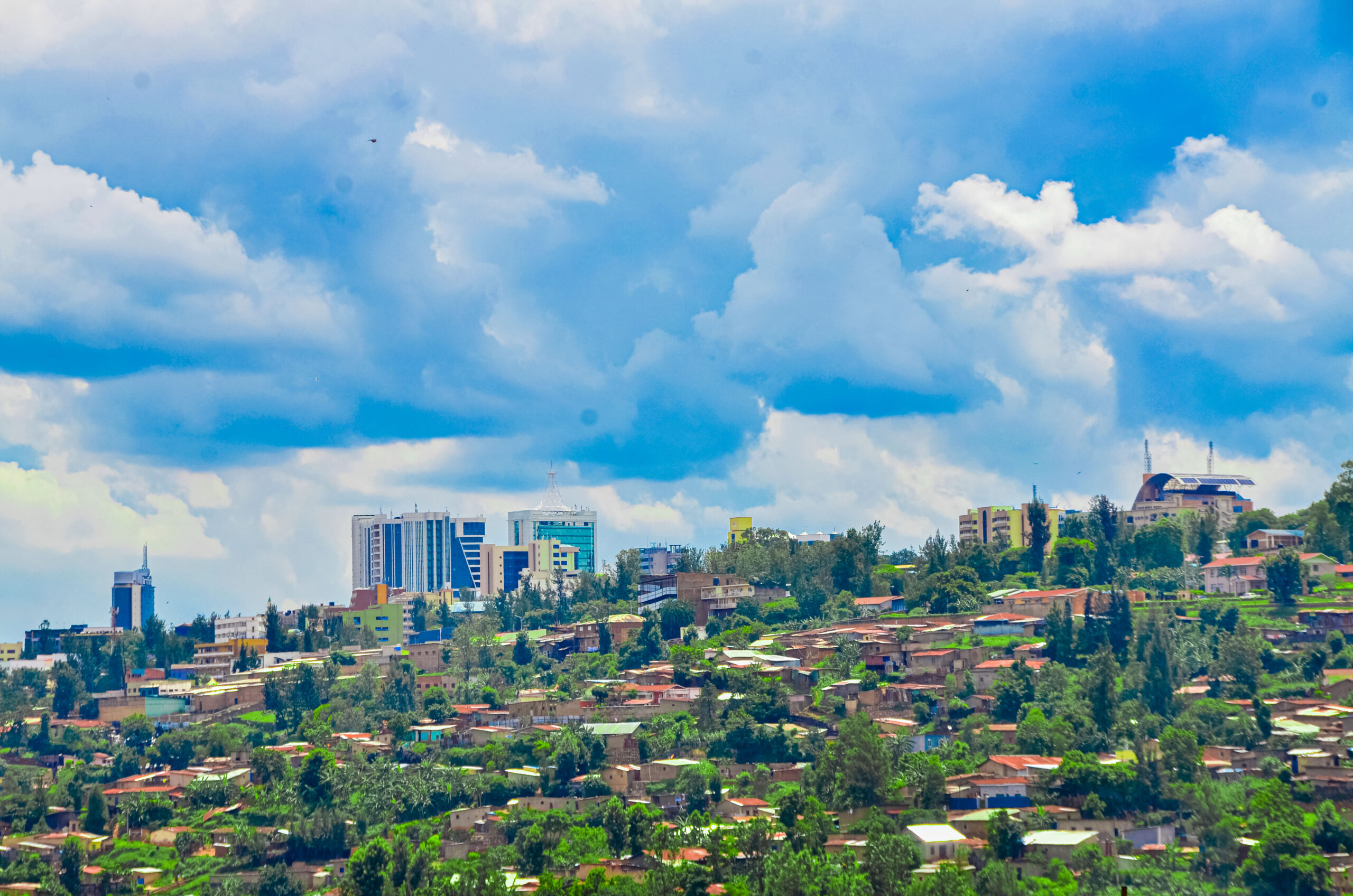
Kigali
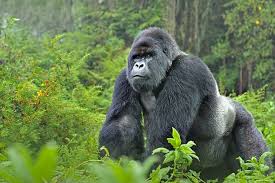
Northern
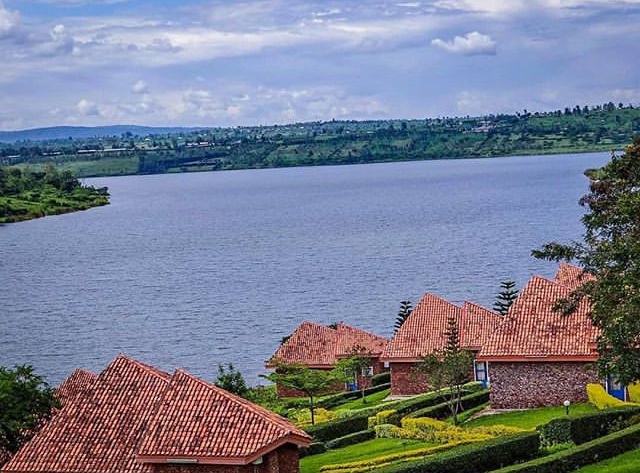
Eastern
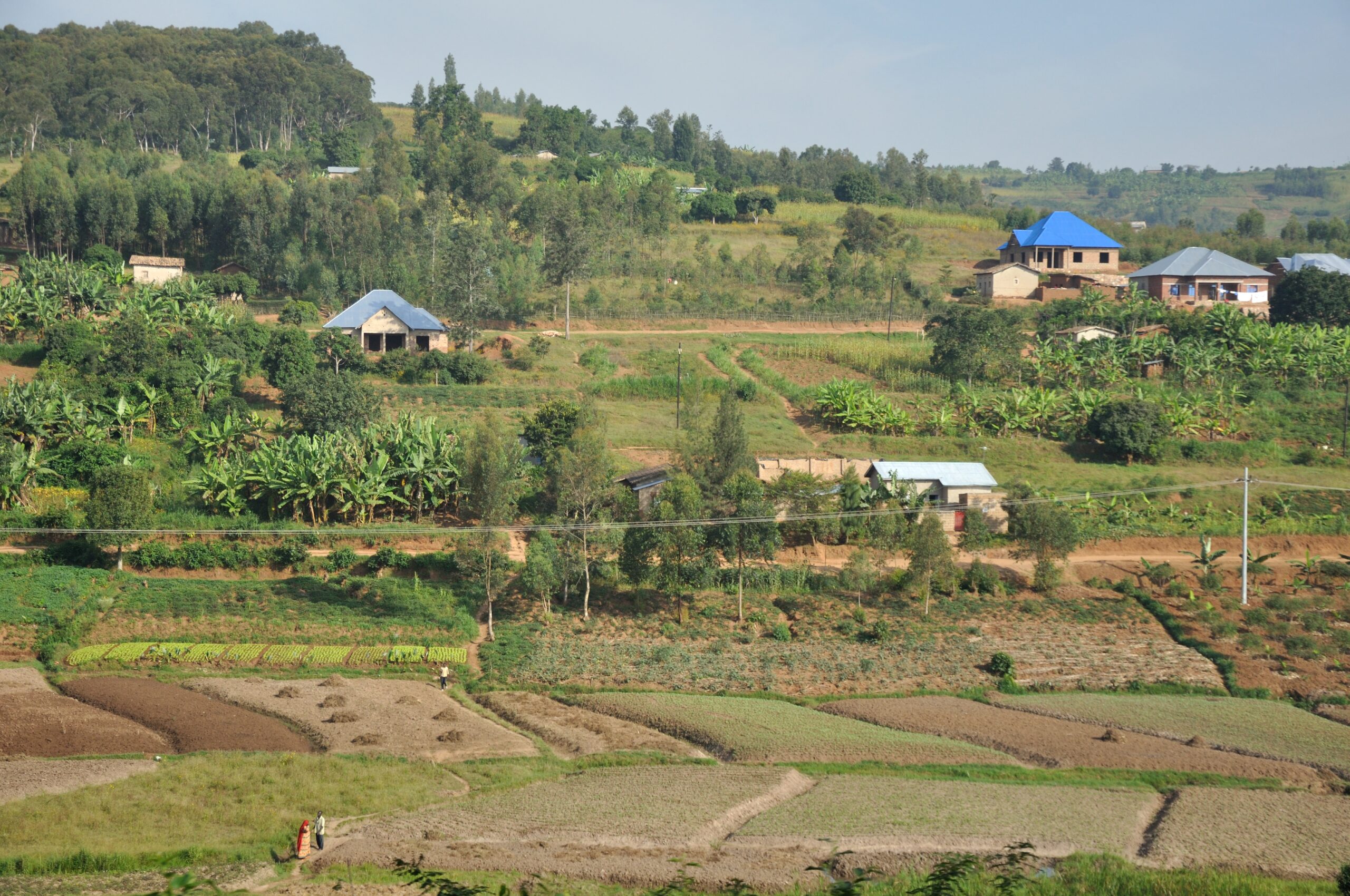
Southern
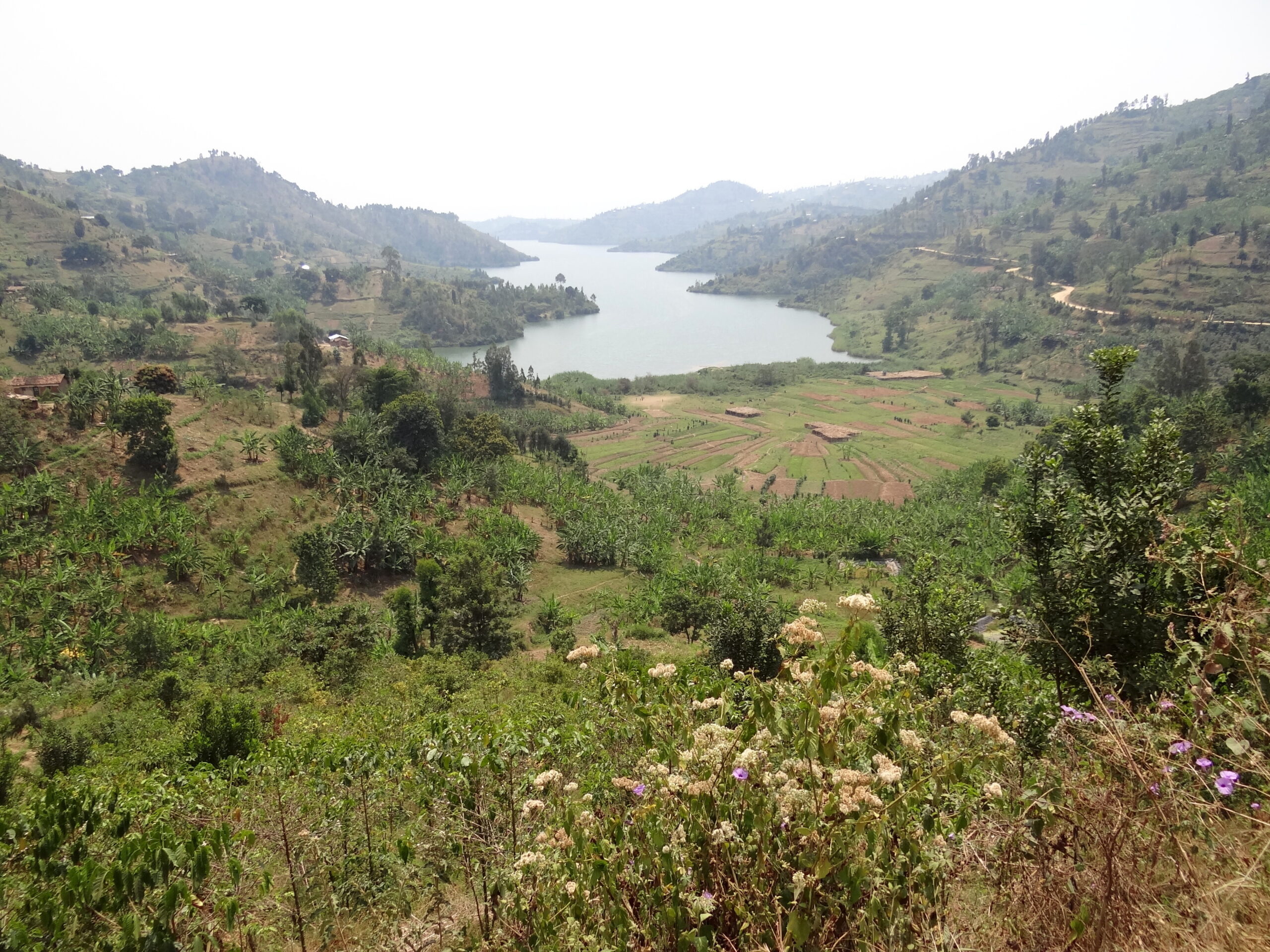
Western
Before you go 🛩
Important information you should know before your trip
Info
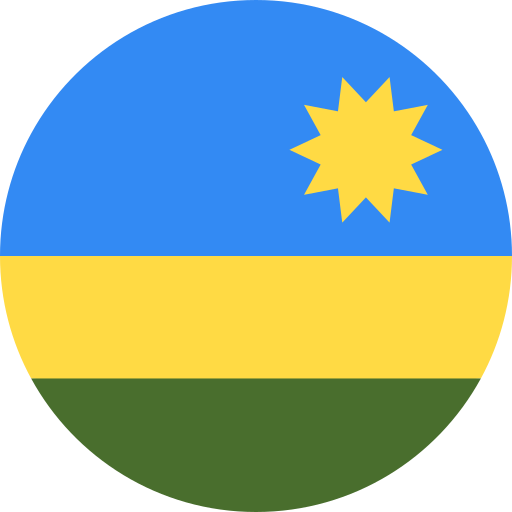
Capital | Kigali
Flag Codes:
ISO alpha-2 RW,
ISO alpha-3 RWA
Currency
Badge | Rwandan Franc
CODE | RWF
NUMBER | 646
SYMBOL | Fr
FRACTION | penny
Mobile Coverage
Dialing Code | +250
SIM Card
Coverage | 3G / 4G / 5G |
Mobile Networks | Airtel Mobile | MTN Mobile |
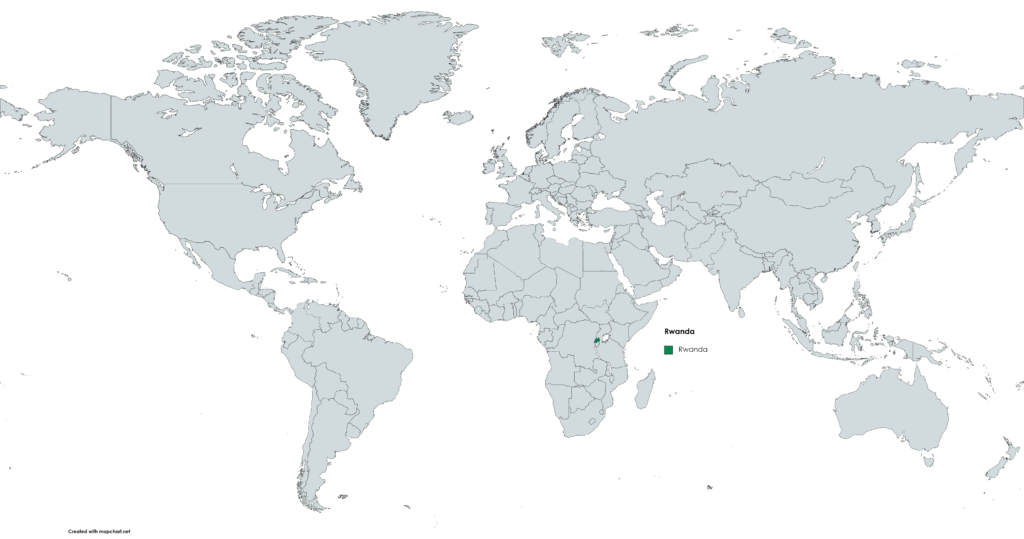
Location
Rwanda is a landlocked country located in East-Central Africa. It is situated in the Great Lakes region of Africa and is bordered by several countries.
Rwanda’s central location in East-Central Africa places it within the African Great Lakes region, known for its scenic landscapes and numerous lakes. The capital city of Rwanda is Kigali, which is located in the central part of the country. Rwanda is known for its beautiful and hilly terrain, making it often referred to as the “Land of a Thousand Hills.”
Currency
The currency of Rwanda is the Rwandan Franc, abbreviated as RWF.
The currency code RWF is commonly used to represent the Rwandan Franc in financial transactions.
Rwanda issues banknotes and coins denominated in the Rwandan Franc for everyday use in the country’s economy.
Languages
Rwanda is a multilingual country with multiple languages spoken due to its diverse population. The official languages of Rwanda are:
Kinyarwanda (Kinyrwanda):
Kinyarwanda is the most widely spoken language in Rwanda and is considered the national language. It is the mother tongue of the majority of the population and is used for everyday communication. Kinyarwanda is also one of the four languages used in education and administration.
French:
French is one of the official languages of Rwanda and is used in government, education, business, and the media. It is taught in schools and is widely spoken, especially in urban areas and among the educated population.
English:
English is another official language of Rwanda and is increasingly being used in education and administration. Rwanda’s shift toward English as a medium of instruction in schools is part of its efforts to integrate with the East African Community and promote English-language proficiency.
Swahili:
Swahili is not an official language in Rwanda, but it is spoken by some communities, particularly in border areas. Is one of the languages used in trade and cross-border interactions.
Rwanda’s multilingualism is a reflection of its cultural diversity and history. Kinyarwanda serves as a unifying language for the population, while French and English are used in formal and official contexts. The country’s language policies have evolved over time, with an increasing emphasis on English as part of Rwanda’s efforts to enhance its global connections and regional integration.
Climate 🌡
Rwanda has a diverse climate influenced by its elevation and location near the equator. Despite its small size, the country has several distinct climatic zones. Generally, Rwanda experiences a temperate tropical highland climate. Here are the key features of Rwanda’s climate:
Highland Climate:
Much of Rwanda is situated at a high elevation due to its mountainous terrain. This elevation moderates temperatures, resulting in a more temperate climate compared to many other equatorial regions.
The capital city, Kigali, is located at a relatively high elevation and has a pleasant climate throughout the year.
Two Main Seasons:
Rwanda experiences two primary seasons: a dry season and a wet season.
Dry Season: The dry season typically occurs from June to September, with July and August being the driest months. During this period, rainfall is relatively low, and temperatures are cooler.
Wet Season: The wet season spans from October to May, with the peak of the rains occurring from March to May. This is the period of higher rainfall and higher humidity.
Rainfall:
Rainfall patterns can vary across the country, with the western and northern regions receiving more rainfall than the eastern and southern areas.
The mountainous areas, including the Volcanoes National Park in the northwest, receive significant rainfall, which contributes to the lush vegetation and forests.
Temperature:
Due to its elevation, Rwanda has milder temperatures than might be expected for its equatorial location.
In Kigali, which is at a higher elevation, temperatures typically range from around 17°C (63°F) to 26°C (79°F) throughout the year.
At higher altitudes, temperatures can drop significantly, especially at night.
Seasonal Variations:
There are noticeable seasonal variations in temperature and rainfall, with the wet season being warmer and more humid and the dry season being cooler and more comfortable.
Microclimates:
Rwanda’s diverse topography and elevation create microclimates, with different regions having their own unique climate characteristics.
Best Time to Visit:
The dry season, particularly from June to September, is often considered the best time to visit Rwanda for trekking, wildlife viewing, and outdoor activities.
The wet season, while less popular for tourists, is essential for maintaining the country’s lush green landscapes and biodiversity.
Rwanda travel tips
If you’re planning a trip to Rwanda, here are some travel tips to enhance your experience:
Visa Requirements:
Check visa requirements before travel and ensure all necessary documents are in order.
Weather Awareness:
Pack accordingly for the diverse climate, from cooler highlands to warmer lowlands.
Wildlife Safaris:
Explore Akagera National Park for a safari experience with diverse wildlife, including the Big Five.
Street Food:
Sample local cuisine but be cautious with street food. Opt for well-established eateries to avoid health risks.
Transportation:
Plan transportation ahead. Taxis, moto-taxis, and buses are common, but book reliable services for longer distances. View Guide.
Hiking Trails:
Explore scenic hiking trails like the Congo Nile Trail for stunning landscapes and cultural encounters.
Connect with Locals:
Engage with locals to learn about their culture and traditions, fostering a richer travel experience.
Enjoy your time in Rwanda!

The best of the best
Rwandan cuisine reflects the country’s rich cultural heritage and agricultural traditions. The cuisine is known for its use of locally grown ingredients, such as grains, vegetables, and dairy products.
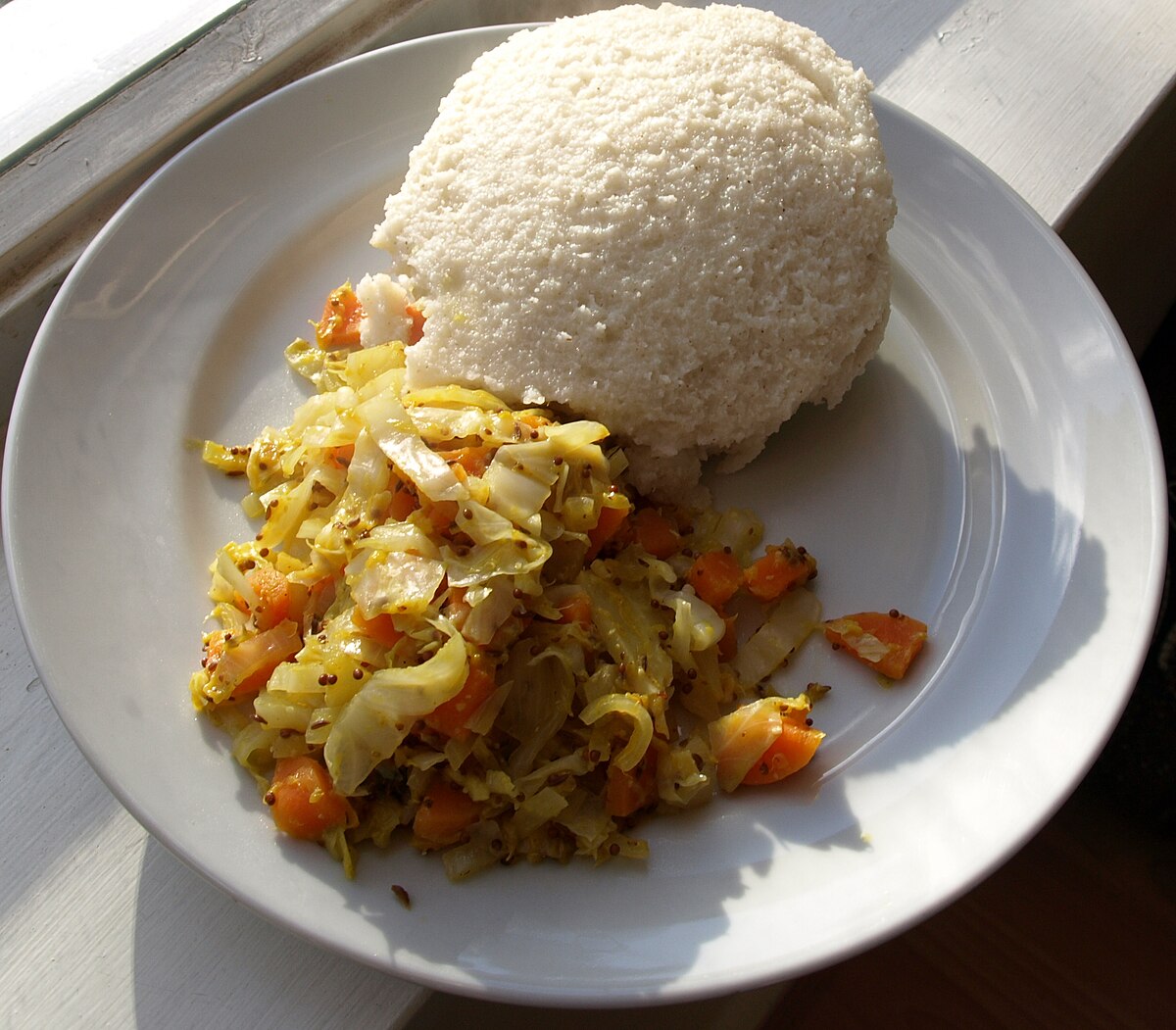
Ugali
Ugali, also known as “posho” or “sadza” in other African countries, is a staple food in Rwanda.
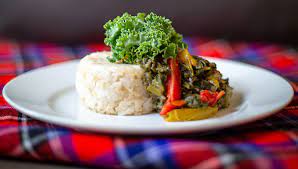
Isombe
Isombe is a popular dish made from cassava leaves, palm nuts, and various spices. It is often cooked with fish or meat and served over a starchy base, such as plantains or rice.

Brochettes
Brochettes are skewered and grilled meat, typically beef, goat, or chicken. They are marinated in a flavorful sauce before grilling and are often served with vegetables and spicy sauces.
Here are some typical foods and dishes you might find in Rwanda:
Akabenz: Akabenz is a type of Rwandan sausage made from minced meat, spices, and sometimes vegetables. It is typically grilled or fried and can be served as a snack or part of a meal.
Ibihaza: Ibihaza is a Rwandan dish made from pumpkin leaves and peanuts. It’s a nutritious and flavorful vegetable stew commonly served with rice or ugali.
Matoke: Matoke is a dish made from green bananas or plantains. The bananas are simmered in a sauce with onions, tomatoes, and spices, often with added meat or fish.
Agatogo: Agatogo is a hearty Rwandan stew made with groundnut sauce, vegetables, and either meat or fish. It’s a flavorful and filling dish.
Ubuki: Ubuki is a Rwandan dish made from mashed sweet potatoes or bananas. It can be served as a side dish or as a dessert with honey or sugar.
Ibihaza: Ibihaza is a Rwandan dish made from pumpkin leaves and peanuts. It’s a nutritious and flavorful vegetable stew commonly served with rice or ugali.
Urwagwa: Urwagwa is a traditional Rwandan banana beer made from fermented bananas. It is a mildly alcoholic beverage often consumed during celebrations and social gatherings.
Rwandan cuisine incorporates a variety of flavors, and many dishes are made with locally sourced ingredients, making it a unique culinary experience for visitors and locals alike.
Transportation 🚥
More information about this country
Choose your destination 📍🗺
Useful Links ✅



